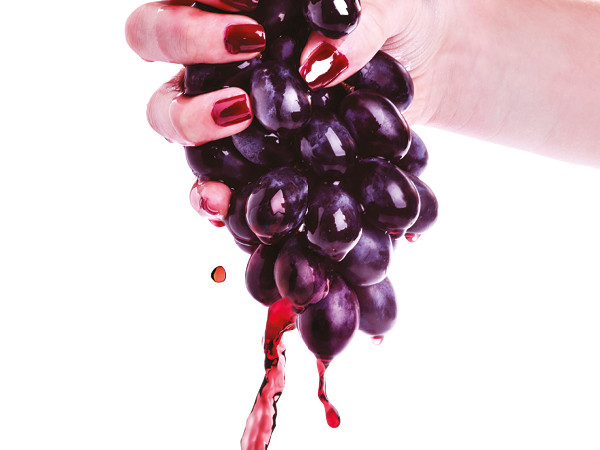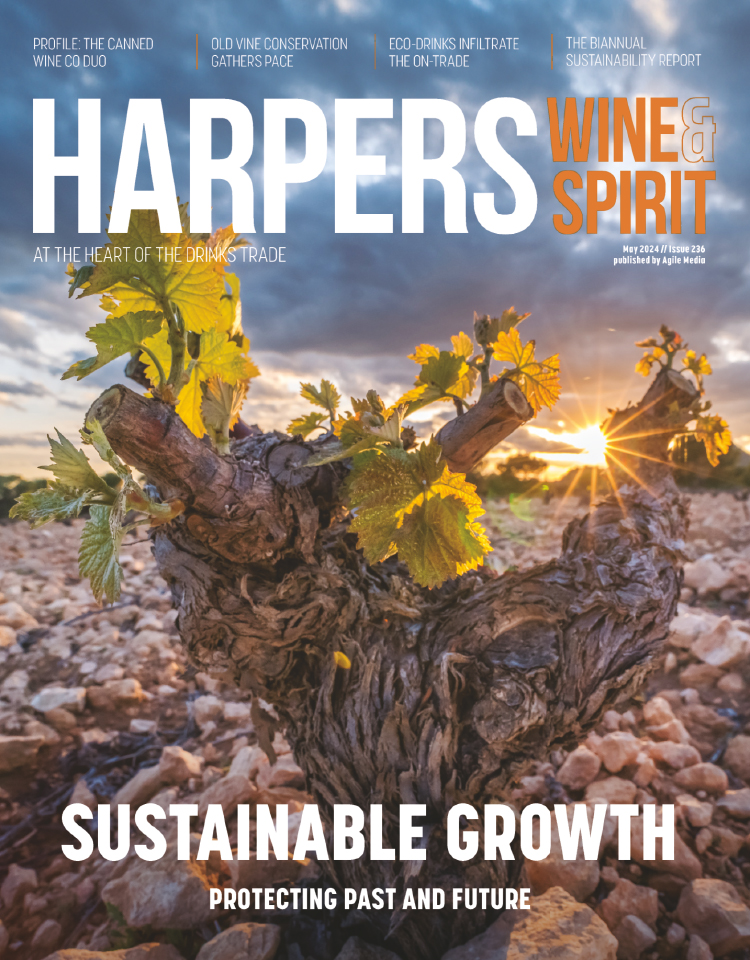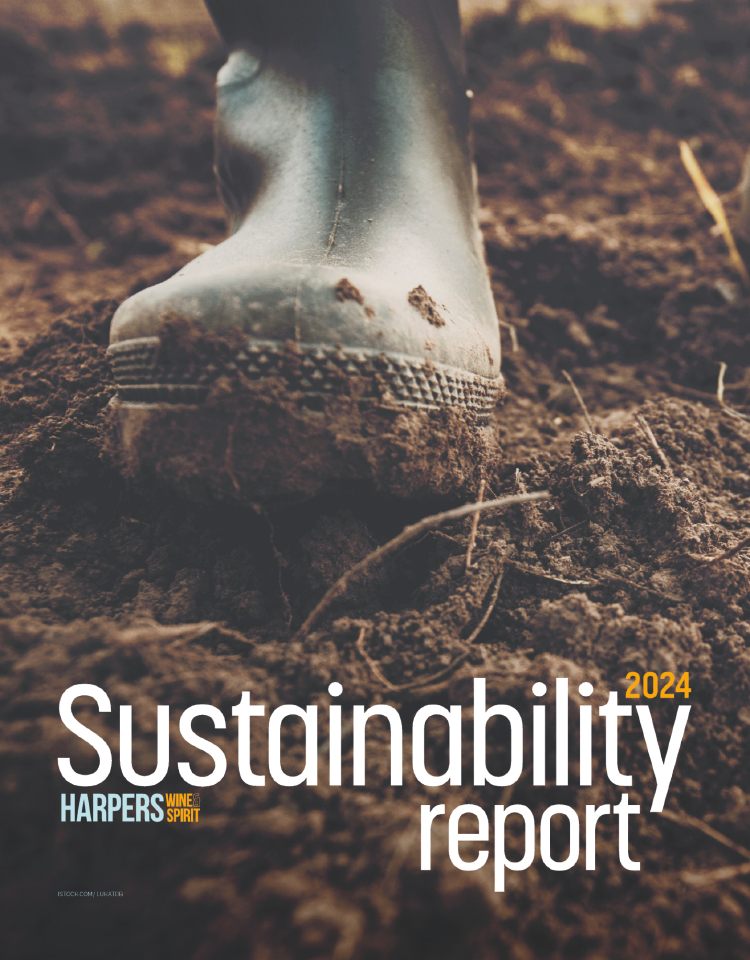
Soapbox: The case for concentrate
Mark Lansley, CEO at Broadland Drinks, argues that concentrates can be good for carbon, cost and consumer choice and thus, ultimately, the wine trade.
Making wine from fermenting concentrated grape juice has long been frowned upon by many folks in the trade. Such wines are viewed by many experts as undermining and damaging for the sector. But perhaps with the decline in global consumption, the high carbon footprint, the health risks and the high price of ‘standard’ wine, those made from concentrates could be reconsidered and reframed?
At Broadland Drinks, we recently commissioned a study with climate analysis platform CarbonCloud that showed wines from concentrates have a typically 25% lower carbon footprint than imported wines. While this may not sound an enormous reduction, it could perhaps be considered alongside the recent insight from IGD (Institute of Grocery Distribution) that revealed the beer, wine and spirits (BWS) category has the highest environmental impact in our supermarkets.
- Read More: Nick Gillett says staffing issues yet another blow under a government failing hospitality
Given the pledges the largest UK retailers have made to decrease their BWS carbon footprint, it could be argued that wines made from fermenting concentrated grapes can play a substantial role in achieving their sustainability goals.
But many wine experts may ask: what about quality and the consumer experience? Well, I would point to the fact that millions of consumers happily buy and rebuy wines made from concentrates each year (our own Three Mills for example), and millions of consumers buy orange juice made from concentrate. It’s horses for courses, and I would argue that quality should be determined by consumers. (Although it does always make me smile when we win IWSC medals for our wines made from concentrate.)
Government officials may ask: what about consistent international standards, smooth trade, health and optimising income from alcohol duty? Well, regarding duty rates, the 2023 changes to paying alcohol duty, based more upon the amount of alcohol consumed within a given wine, suggests the government is in favour of the population drinking lower-alcohol wines. And the government’s 2024 wine reforms (including, for example, the blending of imported wines from different countries, the blending of wines with other ingredients, etc) are intended, DEFRA says, to reduce the “holding back of innovation and restricting consumer choice”.
↓
Increasing consumer choice
For decades we have been fermenting base wines from grape concentrate, adding natural ingredients and innovating to create all sorts of wines, such as mulled wines, communion wines, fruit-fusion wines, made wines, tonic wines, fruit wines, plus botanical and fortified wines. And the new 2024 reforms will, I believe, stimulate the further development of some new and interesting products that do indeed extend categories and increase consumer choice, and help bring in younger consumers into the sector.
But some in the trade ask: will wine prices drop? I’d ask, is that such a bad thing? Wine consumption in the UK is decreasing and an average price now of around £8 for a bottle of wine at 11% abv is about 20% of one person’s average weekly grocery bill of £38. And yes, a fair proportion of this price is duty, but such wines are becoming almost unaffordable for many consumers. In contrast, for many years, we have been making wines from concentrates that are lower in alcohol and calories, selling them in the millions each year, at typically £1-£2 less per bottle than imported standard wines.
So, perhaps innovative, entry-level wines made from concentrate here in the UK, that are lower in carbon footprint, alcohol and cost, and expand consumer choice, could now be considered as an opportunity, rather than something to be frowned upon?








